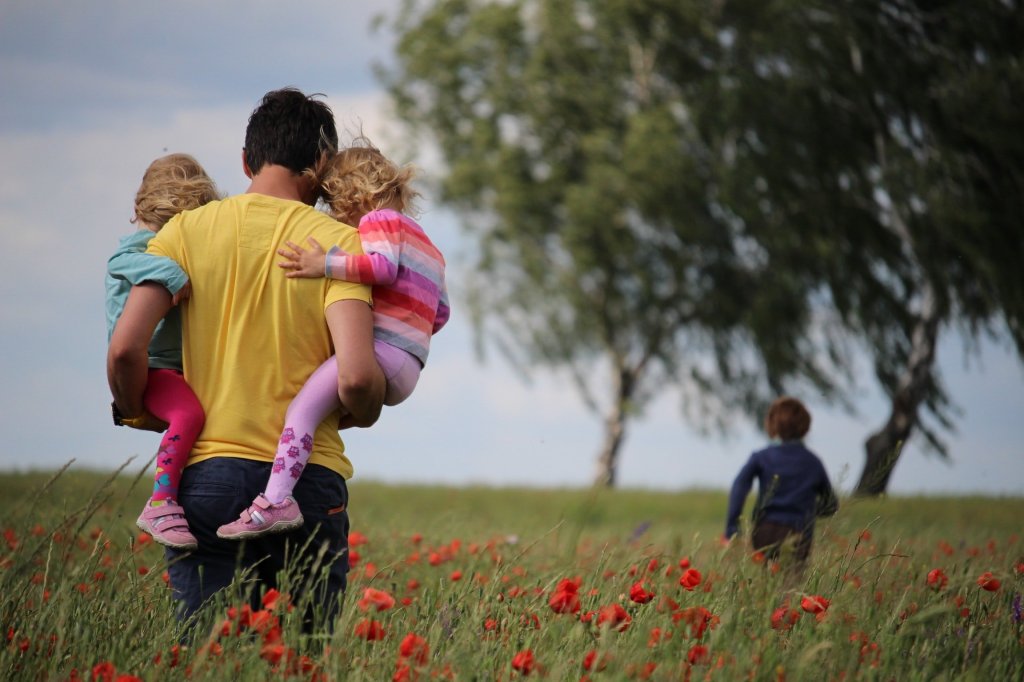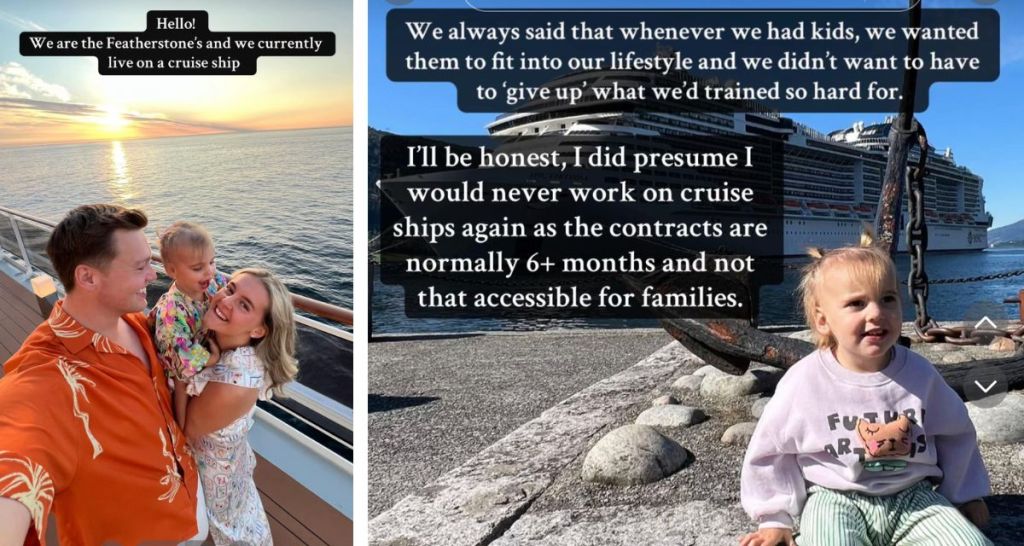As millions of people around the world practice social distancing and self-quarantine, they are separating themselves from everyone but their immediate family members. However, for divorced or separated parents who share custody of their children, the definition of “immediate family” isn’t obvious.
Already, family lawyers around the country are being inundated with calls from anxious parents worried about returning children to co-parents who are not willing to practice social distancing. They are contemplating keeping their child away from the other parent, in violation of a shared-custody agreement – but wonder how courts will react.
I have been a family law professor for almost 13 years. I have written numerous articles about custody and visitation. Until recently, I never even contemplated how these traditional family law concepts might change in response to a pandemic. Few custody and child-support court orders will have provisions covering how to share parenting in a pandemic – although they may become common in the future.
This is uncharted legal territory. The federal government, many states and even municipal governments around the country have declared states of emergency.
With many family courts closed, divorced or separated parents will have to make up arrangements as they go along. My strong advice is that parents should not try and equate the COVID-19 pandemic with other types of emergencies that may be covered in their custody agreements.
Instead, they should seek to work together – however difficult that may be – to provide for the best interests of their children, and to preserve a sense of fairness and equity, both emotionally and legally, however custody is shared.
Finding common ground
As workplaces shut down or convert employees to working from home, many parents may find opportunities to adjust schedules so the child can be cared for by one parent or the other, rather than bring in the care of sitters, nannies or members of the extended family.
Public health experts say it’s best to limit social circles to reduce the spread of the coronavirus.
Parents should try to be a team in this situation, even if it is difficult. This is not the time to keep a minute accounting of how many overnights the other parent has had or to argue that the current school closures should be treated like summer vacation. Avoid gamesmanship.
Talk through concerns and be open to new arrangements. Reassure the other parent that any current reduction in their parenting time will be made up – eventually – and that in the meantime, they will have increased phone calls, video chats and other forms of non-physical contact.
I do recommend keeping records, including contacting the other parent in writing (by text or email), explaining what your concerns are about the current custody plan, and proposing a reasonable solution. It will be very helpful to encourage the other parent’s thoughts and suggestions on the proposal. Any coronavirus custody arrangement should accommodate the concerns and interests of both parents.
It is stressful for everyone – parents and children alike – to live through this pandemic. Children don’t need the added worry of parental fights. They badly need more stability and reassurance – especially about their contact and connection with those who love them the most.
Judges look out for the kids
It may not be easy to come to agreement. Every relationship – and ex-relationship – is different. Some couples may be used to sorting things out in court. That is less possible now than during normal times.
Most family courts are closed for everything but emergency matters, which almost certainly do not include custody disputes. Of course, after the crisis passes, the courts will reopen.
At that time, I have little doubt that judges will be pleased with parents who have worked together to identify their children’s best interests, and taken steps to protect their health and safety. And I expect judges will be furious at parents who put their own interests before their children’s, and refused to cooperate with a willing and reasonable parent.

Disobeying a court order is a big unknown
If agreement is really impossible, the path gets much more precarious. Shared-custody agreements and orders were crafted when the present crisis was unimaginable, but violating them is risky – even if the reason sounds solid. Judges may reduce visitation and custody for parents who interfere with their ex-partner’s custodial rights.
Parents who fear for their children’s health may be willing to take their chances and hope that when this is all over, the family court will agree that their decision was reasonable. It is a big gamble – and regardless of the outcome is likely to involve significant legal expense and time fighting in court.

Seeking help to settle disputes
There are alternatives to conflict and animosity, and waiting for courts to reopen and sort things out.
Many family court mediators remain available to help couples work out pandemic related custody issues. Although the specific circumstances of the coronavirus pandemic are unprecedented, parental disputes about children’s health and safety are common. Mediators are well versed in these issues and can help families reach reasonable agreements.
Mediated agreements – even attempts at agreements – provide a contemporary and largely objective record of the parents’ thoughts, circumstances and concerns. That record may help judges sort out who was being reasonable and accommodating in seeking custody changes, and who was not.
In the effort to stem the spread of the coronavirus, Americans are repeatedly reminded that the decisions they make today will have direct consequences on our individual and collective well-being in the future. This warning is not specifically directed at divorced or separated parents, but it is just as applicable.
The custody choices parents make in the next few weeks affect not only the immediate health and welfare of their children and families, but may also affect their future custody arrangements. Courts rarely look kindly on parents who put their needs before their children’s. In the aftermath of a pandemic, it safe to assume this will be even more true.
The circumstances surrounding many custody disputes have changed drastically in the past week, but as always, the safest bet is cooperation.
Marcia Zug is Professor of Family Law, University of South Carolina
This article originally appeared on The Conversation. You can read it here.



























